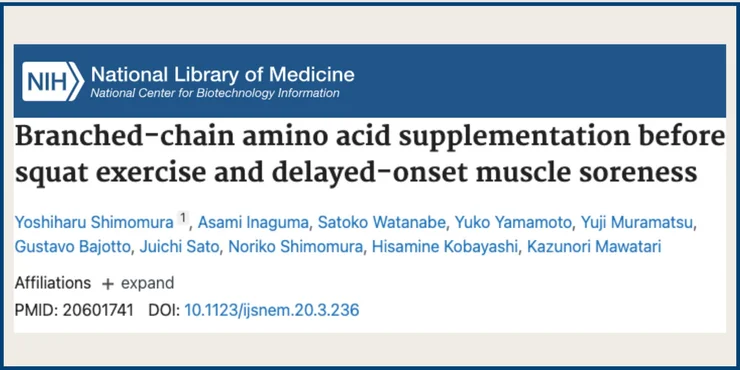The statement, "Women are not small men" may seem obvious, but the current body of research in exercise science reveals a shocking underrepresentation of women. In a comprehensive analysis of over 1,300 studies, researchers found that, on average, only 35-37% of participants were female. Even more alarming, a mere 8% of published studies exclusively focus on women, often prioritizing aspects like pregnancy, menopause, or reproductive diseases over performance (1, 2).
In this blog, I dive into all things branch-chain amino acids (BCAAs) and even a study focused solely on how BCAAs affect women! Let’s get into it.





